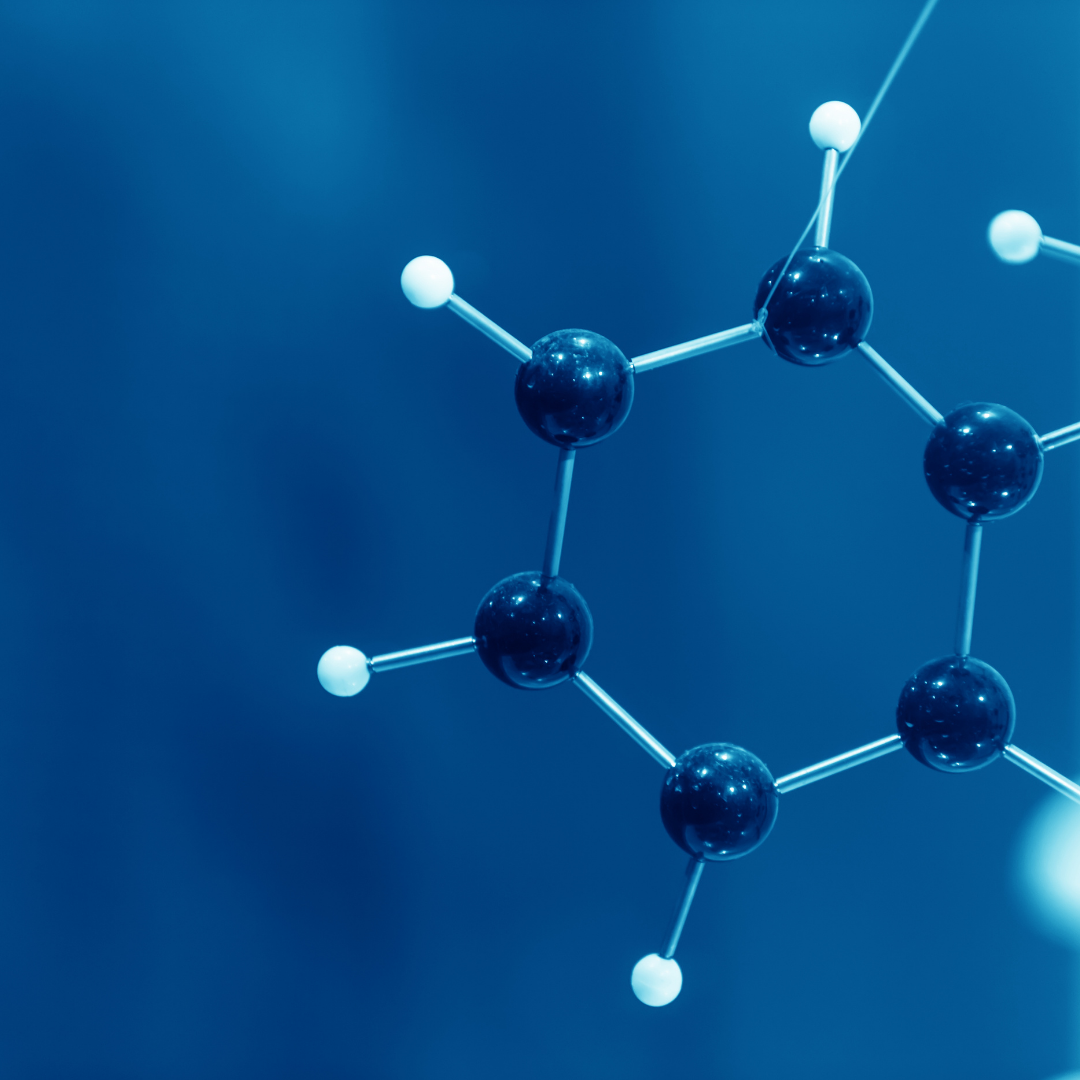
Modulating Innate Immunity with small molecules: new therapeutic opportunities

- research
Toll-Like Receptor 4 (TLR4) is a fundamental molecule of innate immunity. It can be activated by pathogen-associated ligands (gram-negative bacteria lipopolysaccharide, LPS) and by endogenous danger-associated molecules (DAMPs). TLR4 activation and signalling leads to cytokine production, inflammation, and innate immunity activation. Excessive TLR4 activation causes sepsis and acute and chronic inflammatory pathologies, TLR4 antagonists are therefore candidates as anti-inflammatory agents, while compounds that stimulate TLR4 are potential vaccine adjuvants and immunotherapeutics.
We developed a technological platform based on innovative, synthetic, small molecular TLR4 agonists and antagonists that are able to selectively activate and inhibit TLR4. Our molecules are not only interesting chemical biology tools to interrogate innate immunity, some antagonists are in preclinical development phase as anti-inflammatory drugs to treat acute and chronic inflammations, such as influenza virus-induced acute lung inflammation (ALI) and cytokine storm, inflammatory bowel diseases (IBDs), vascular inflammation, atherosclerosis and neuroinflammation. Synthetic TLR4 agonists developed by our group and mimicking the activity of monophosphoryl lipid A (MPLA) are in preclinical development as vaccine adjuvants and cancer immunotherapeutics.